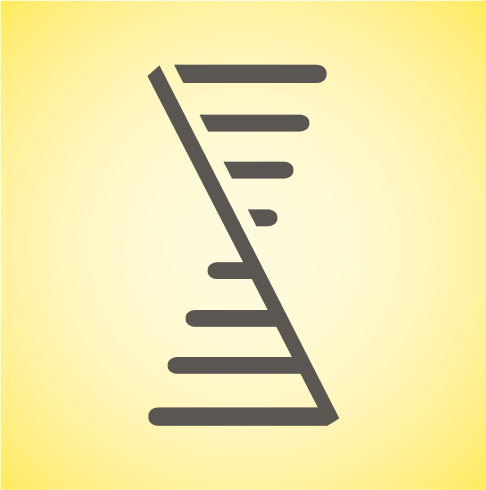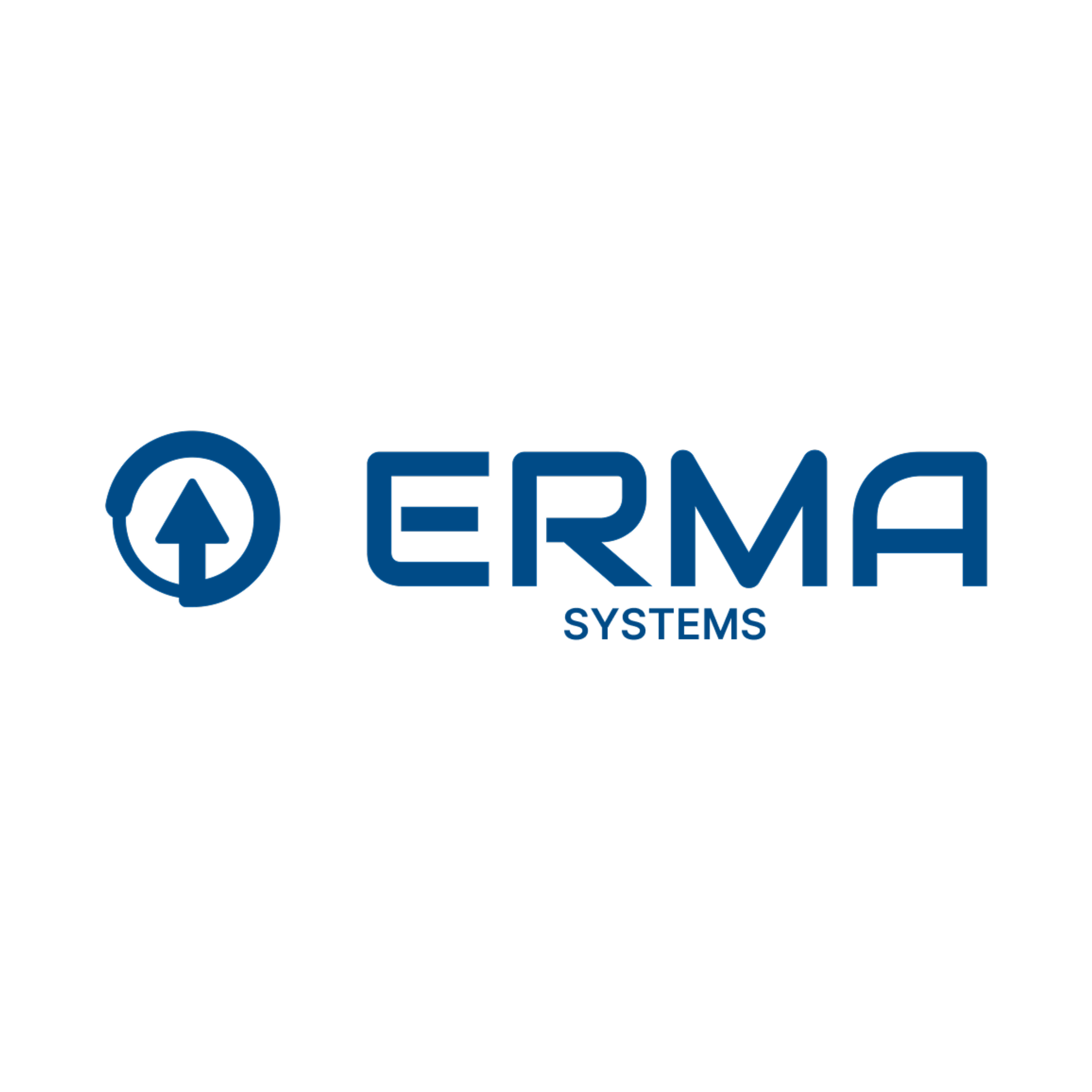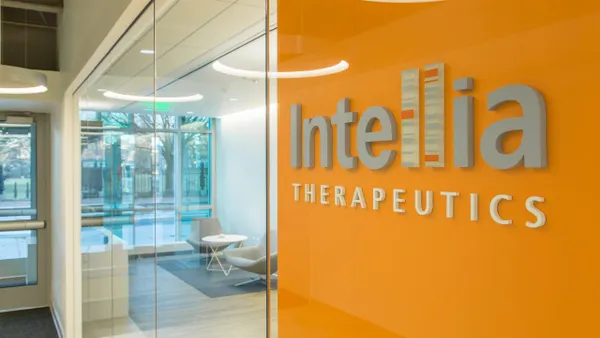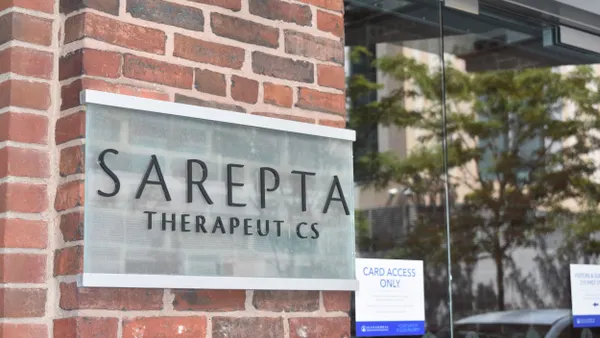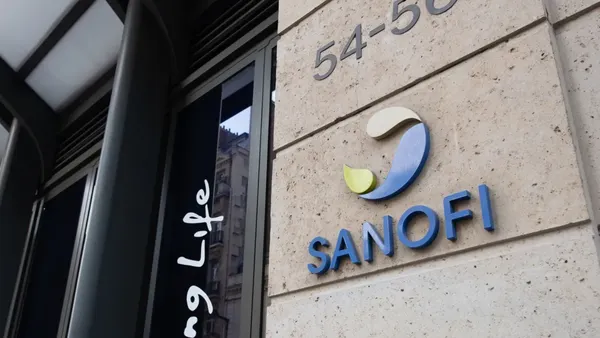One of the most closely watched clinical trials in the burgeoning field of psychedelics research has delivered results that, while positive, appear to have unnerved some investors.
Sponsored by U.K.-based biotechnology company Compass Pathways, the trial enrolled 258 people with treatment-resistant depression. Participants were given either a placebo or the company’s proprietary version of psilocybin — a psychedelic compound found in many mushroom species — and evaluated for an initial period of six weeks.
According to Compass, a single dose of its drug significantly reduced scores on a 60-point scale healthcare providers use to gauge depressive symptoms.
Specifically, the drug arm showed a 3.6-point larger decline on that scale compared to its placebo counterpart. Compass also said an independent group of experts reported that the drug’s safety looks consistent, with no unexpected findings in this study or another ongoing, late-stage trial. That group has not observed any “clinically meaningful imbalance” in suicidality between the treatment arms in either experiment.
In a statement, Guy Goodwin, Compass’ chief medical officer, said the company is “very encouraged” by the new data, which mark an “important milestone” for patients whose depression hasn’t been adequately treated through multiple approved options. “This achievement provides hope that they can finally receive appropriate care and live the life they deserve.”
Investors, though, didn’t seem as enthused. Compass shares were down by nearly 50% Monday morning, to trade below $3 apiece.
Leonid Timashev, an analyst at RBC Capital Markets, noted how in earlier testing, patients on Compass’ drug experienced a roughly 6-point reduction on that depression severity scale. The RBC team also spoke to important doctors in the depression field, who, while open to using any effective agents, said a 4-point-or-more decline would be the bar to aim for.
Shareholders therefore wanted to see a separation at least somewhere in the middle, around 5 points, according to Timashev. They were likely disappointed, then, by the readout as well as Compass’ release, which contained no details on response rates, remission rates or the drug’s lasting power. Those are “important details investors may be looking for to gauge the drug's competitive profile,” the analyst wrote in a note to clients.
While some may be underwhelmed, Timashev’s team still views the results as “clinically meaningful” and in a range that could make Compass’ drug competitive with Johnson & Johnson’s Spravato. That latter medicine, a form of ketamine taken as a nasal spray, won U.S. approval for treatment-resistant depression in 2019. It’s since become one of J&J’s faster-growing products, fetching nearly $1.1 billion in sales last year.
Timashev argued that, at a single dose, Compass’ drug could hold “significant convenience advantages.” It might also look better than Spravato at certain time points in their respective studies — though cross-trial comparisons are tricky.
Evercore ISI analyst Gavin Clark-Gartner took a much less bullish stance and downgraded his stock rating on Compass. “With clinical and commercial question marks, the second [Phase 3 study] will remain a ‘show me’ story for investors in an increasingly competitive landscape,” he wrote.
To that end, a small, Ireland-based developer recently reported results from a study testing an inhaled version of mebufotenin, a molecular cousin to psilocybin. The 81-person trial found GH Research’s drug to be a fast and effective therapy for treatment-resistant depression, delivering an almost 16-point drop on that scale compared to a placebo.
Paul Matteis, an analyst at Stifel who covers both Compass and GH Research, highlighted in his own note the “very significant differences” between the two companies’ trials. The main measure in the latter’s, for example, was taken at the eight-day mark. That study also employed a titration regimen Matteis’ team believes played a part in “attenuating” any placebo response.
Placebo responses are a major obstacle in psychiatric and psychedelic experiments, so anything that mitigates them could potentially benefit the results.
Compass expects to share 26-week results from its other ongoing late-stage trial in the back half of next year.










